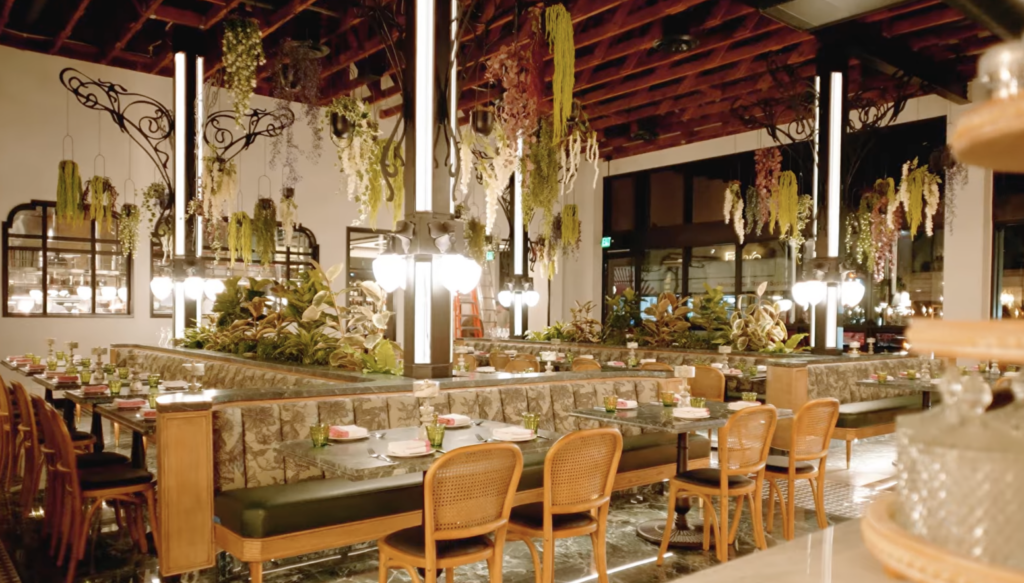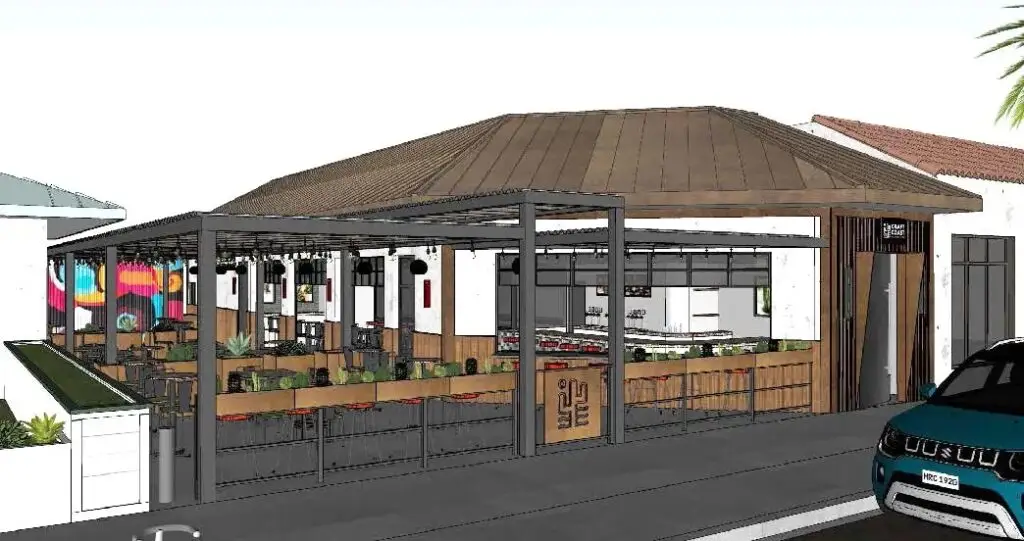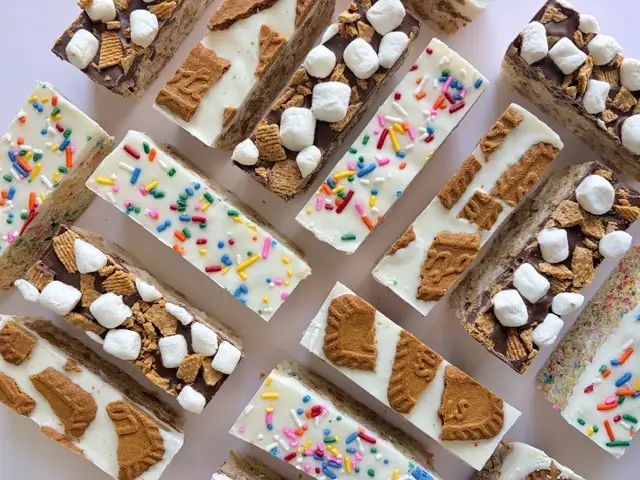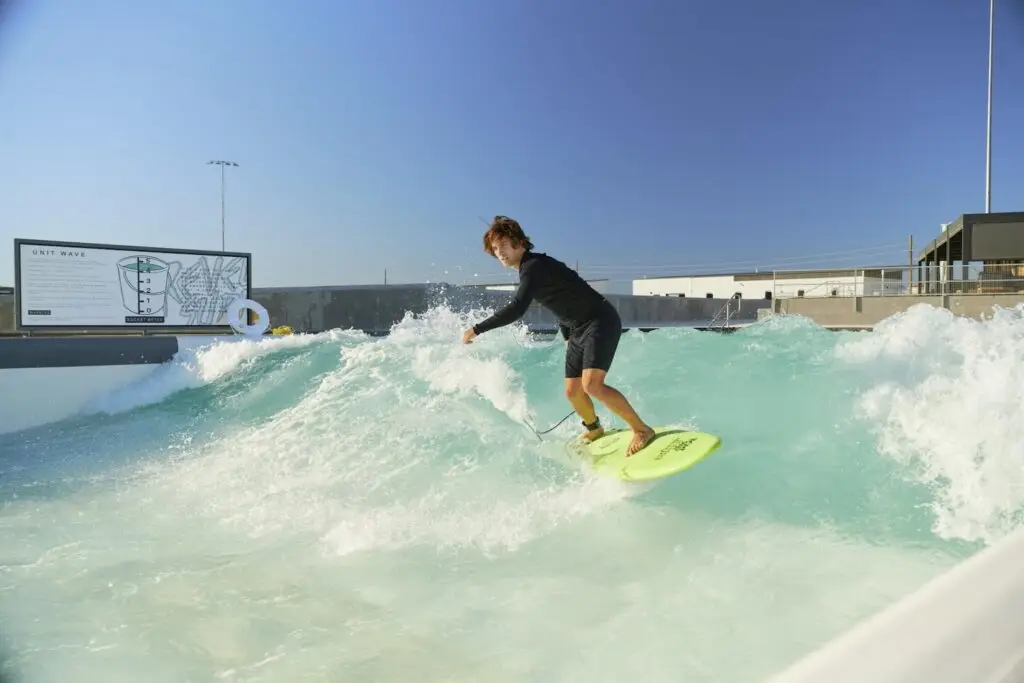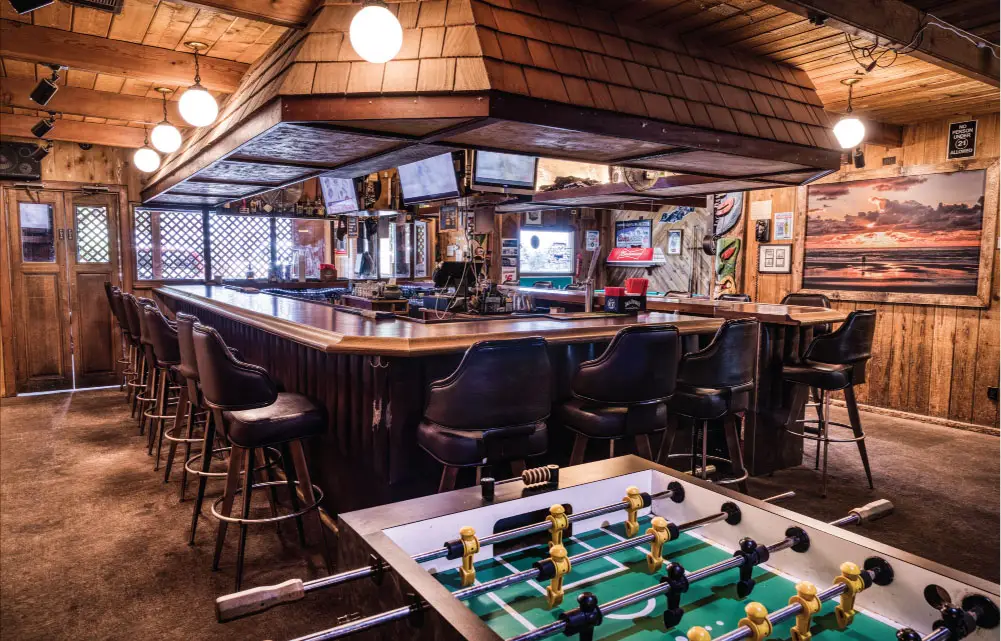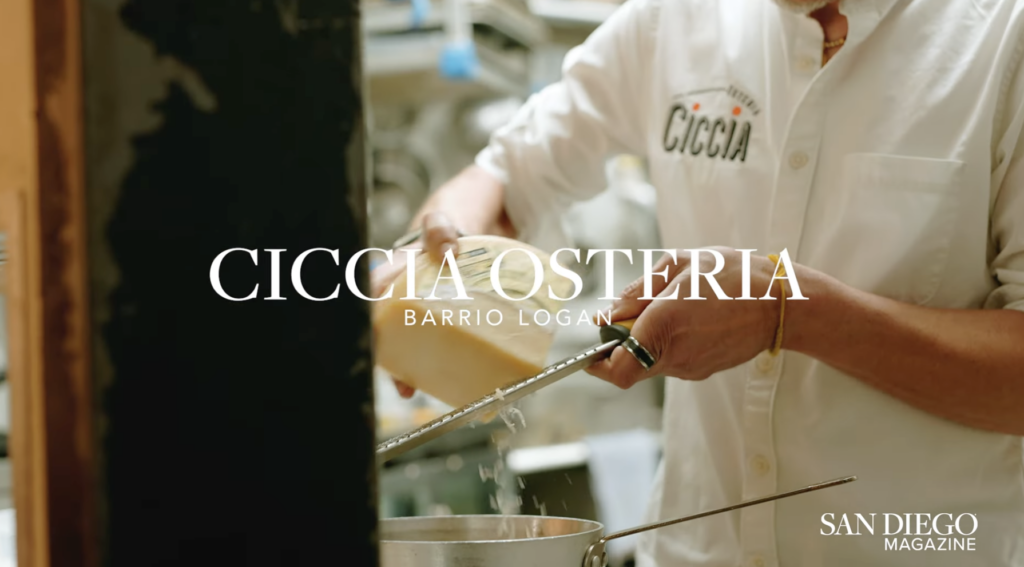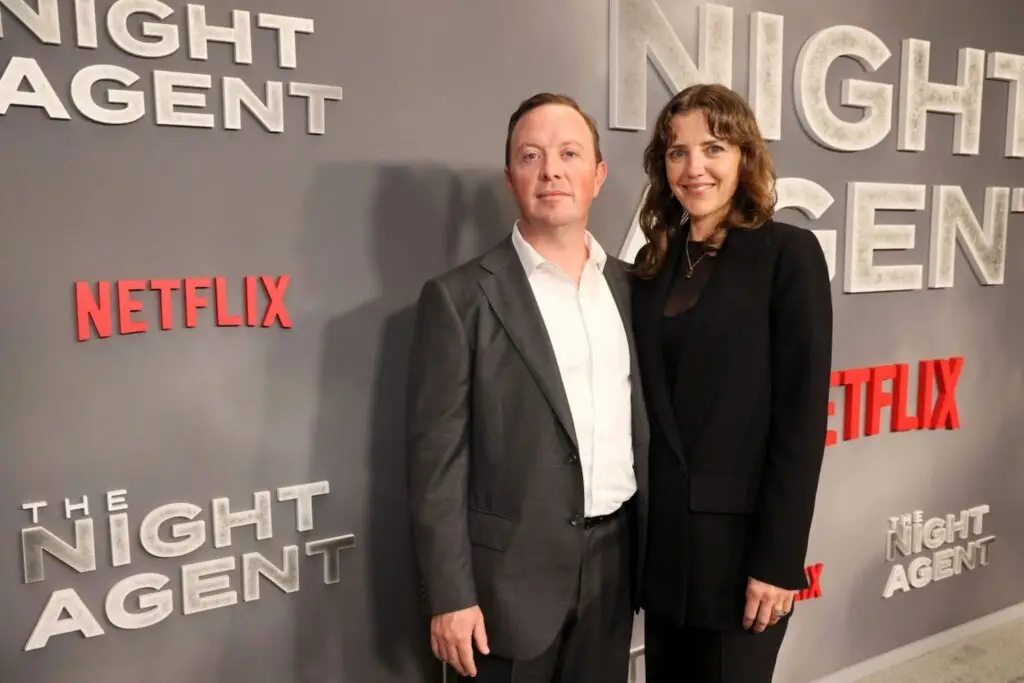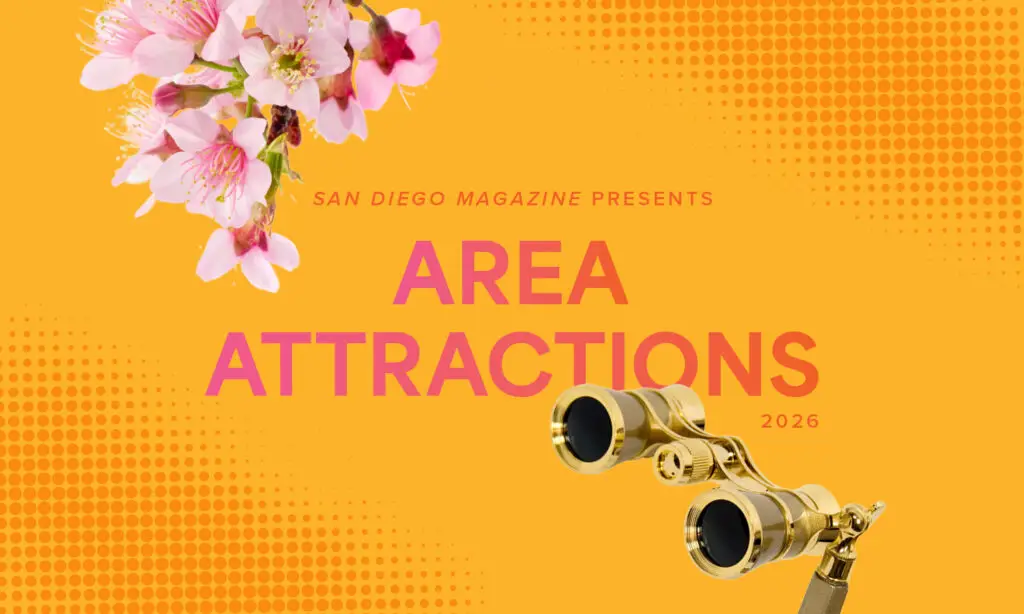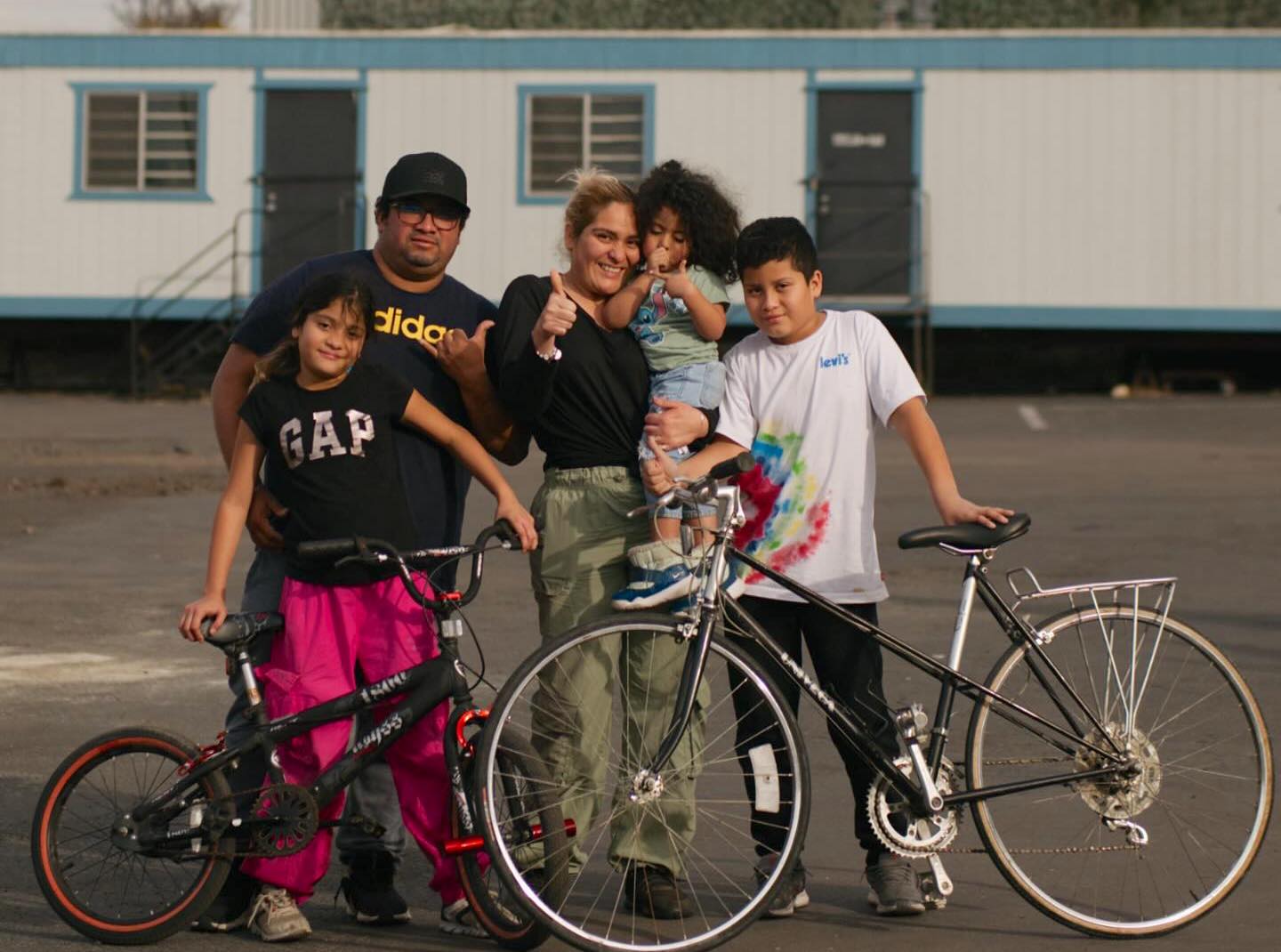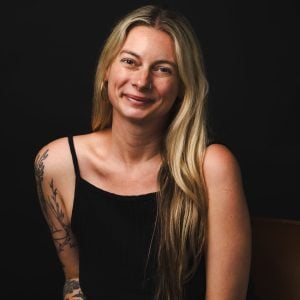A weekly food distribution unites I Am My Brother’s Keeper and the San Diego Bicycle Collective to feed, empower, and transform a community. One meal—and, hopefully—one bike at a time.
A quiet Encanto parking lot has come to life around 1 p.m. every Tuesday for the last five years. I Am My Brother’s Keeper (IAMBK) has hosted a weekly food distribution in partnership with Feeding San Diego, serving hundreds of families in need with helping hands from other community organizations like Paving Great Futures and Pillars of the Community.
More recently, the San Diego Bicycle Collective has joined the effort—not just to lend a hand but to explore how their unique mission can weave into this critical service.
Rather than popping up singularly to solve a specific need, grassroots organizations are increasingly banding together to provide a more holistic care network that almost mimics the function of governments. The goal is to provide vital resources by welcoming new service providers while honoring and building upon the work of long-standing community organizations. More hands make lighter work, yes— but also serve a more comprehensive, efficient, and effective approach. This is where the IAMBK and San Diego Bicycle Collective collaboration comes in.
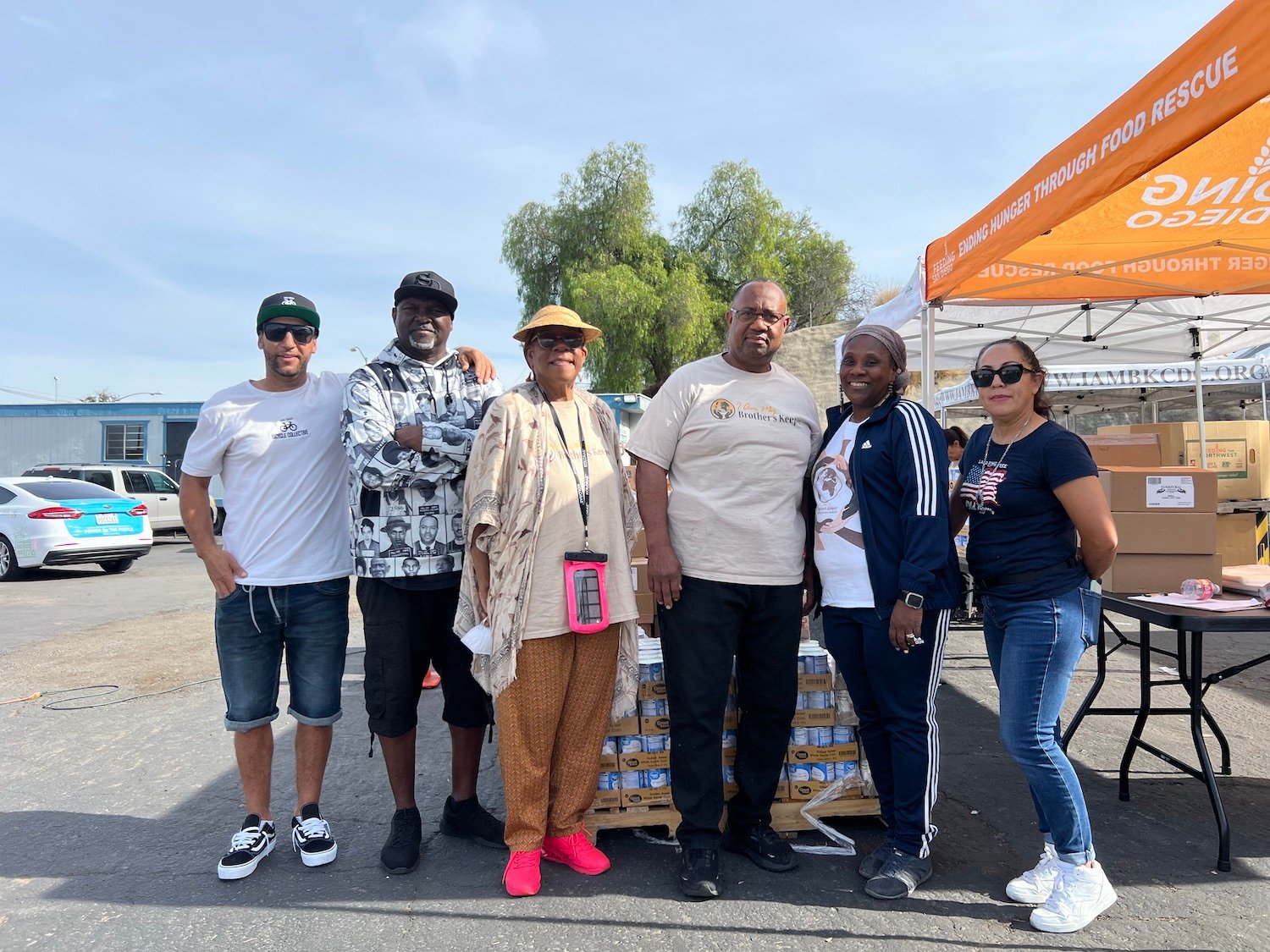
On the surface, food distribution and bicycle repair might seem like disparate endeavors. But together, they represent a broader vision of community resilience focused on providing vital services in tandem, like food and transportation.
“We’ve been doing this since the start of the pandemic,” says Abdul Waliullah Muhammad of IAMBK, which he founded in 2005. As one of San Diego’s designated super pantries during the pandemic, IAMBK built its reputation as a reliable source of aid.
“[This food distribution] started in 2020 as a response to the immediate crisis, but the need has stayed. We’re serving 350 drive-ups and about 100 walk-ups weekly,” he adds.
Initially based at the Jacobs Center, this distribution moved to its current site on Market Street two years ago. The food program, powered by a network of dedicated volunteers—including Muhammad’s wife, Waliyyah—remains a vital resource for the community, but Muhammad envisions its future transformation. “We’re planning to develop 65 units of affordable housing on this property,” he says, noting that construction is expected to begin next year and will eclipse much of the space we are standing in. “The site will change, but our mission won’t. We’ll adapt and keep serving.”
The San Diego Bicycle Collective is joining this care ecosystem, led by its founder, Juca Favela. Raised in São Paulo, Brazil, Favela knows firsthand how life-changing access to transportation can be. Growing up among the city’s poorest, he couldn’t afford a bike of his own.
A neighbor, noticing his talent for BMX riding, lent him shoes and gear, launching a career that saw him win five national titles and had him competing in the X Games. His competition career led to a sponsorship that changed his life, bringing him permanently to San Diego. That was decades ago. Today, he is the founder of and spends the majority of his time volunteering for San Diego Bicycle Collective while doing other community organizing, partnering with I Am My Brother’s Keeper, Pokéz Mexican Restaurant, Alliance For African Assistance, Gear Hugger, Grind2Gether, Linda Vista Farmers Market, and more.
“I went from not owning a bike to competing globally,” Favela says. “It opened doors I never imagined.” That conclusion fuels his work today—believing that a bicycle could catalyze someone else’s transformation. While not everyone is destined for the X Games, Favela’s mission underscores a profound truth: something as simple as reliable transportation, often taken for granted, can be key to allowing someone to live well and efficiently, possibly changing the trajectory of their life.
The San Diego Bicycle Collective, which is 100 percent volunteer-run and operates primarily on donations, refurbishes bikes, then donating them to underserved people and communities, or selling them at a steep discount. The collective also teaches repair skills, ideally creating a ripple effect of empowerment, access, and ability. “A bike is more than transportation—it’s independence, it’s opportunity,” Favela says.
For now, the San Diego Bicycle Collective role at the Tuesday Encanto distribution is simple: show up and help. But Favela dreams of integrating its repair and donation programs into the food distribution effort. Ideally, down the line, people can get their bike repaired or learn how to do it themselves, or even walk away with a brand new bike. They’d also be able to donate. “Right now, we’re just supporting what’s already working,” he says, referring to food distribution. “In the future, we’d love to expand our services here. It’s about being good partners and neighbors.”
Muhammad sees the San Diego Bicycle Collective’s potential as a perfect complement to the work already underway. “Partnerships like this make us stronger,” he says. “It’s not just about handing out food—it’s about meeting people where they are and finding creative ways to address their needs.”
PARTNER CONTENT
The collaboration embodies a spirit of shared purpose that runs deep in Encanto and is the preferred modus operandi of locals engaged in community work. As Muhammad puts it: “This work is about more than food. It’s about showing up for our neighbors. When we come together, we make real change happen.”
Favela echoes that sentiment. “Whether it’s a meal or a bike, what we’re really giving is hope,” he says. “And that’s something everyone deserves.”
